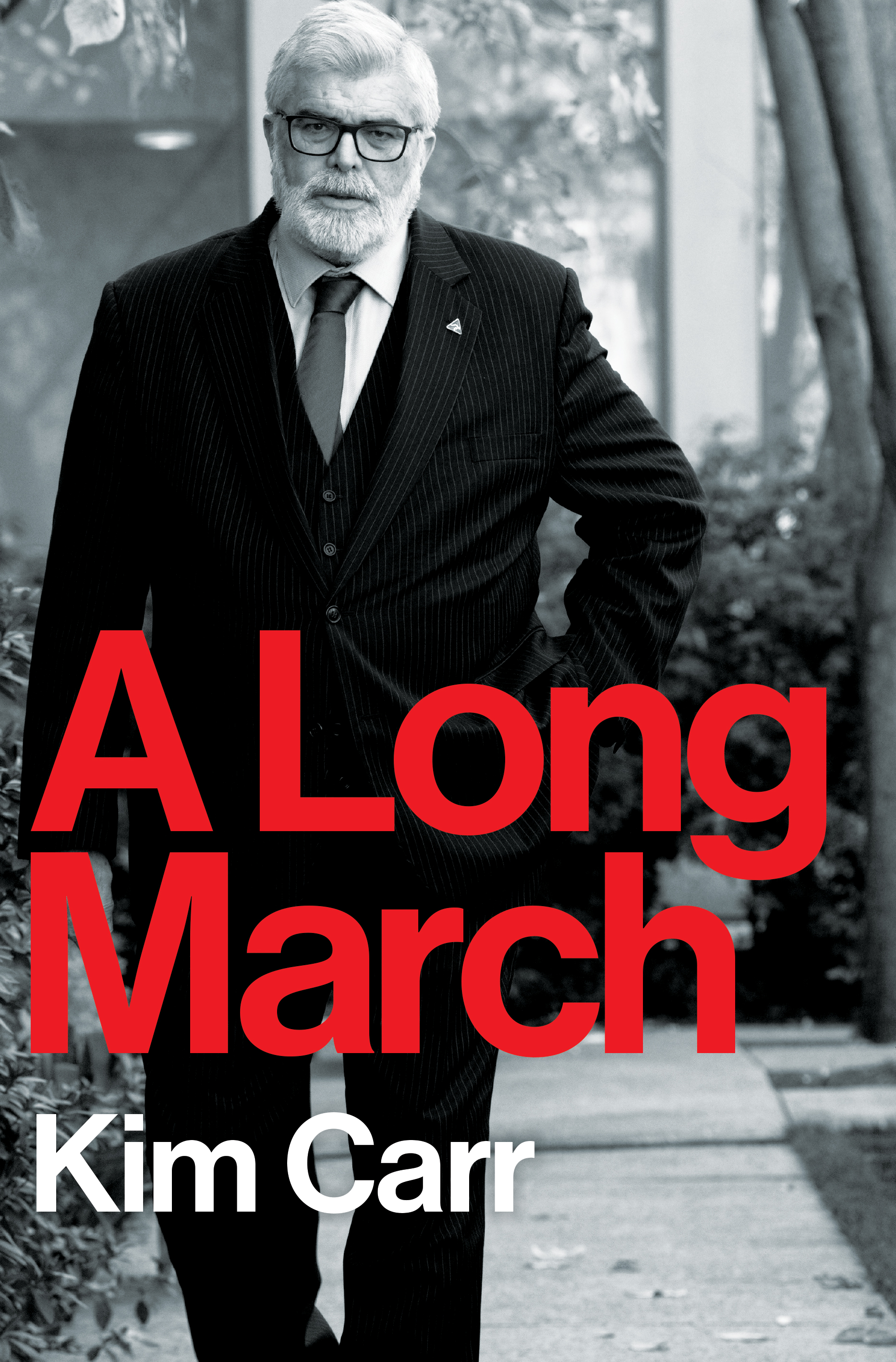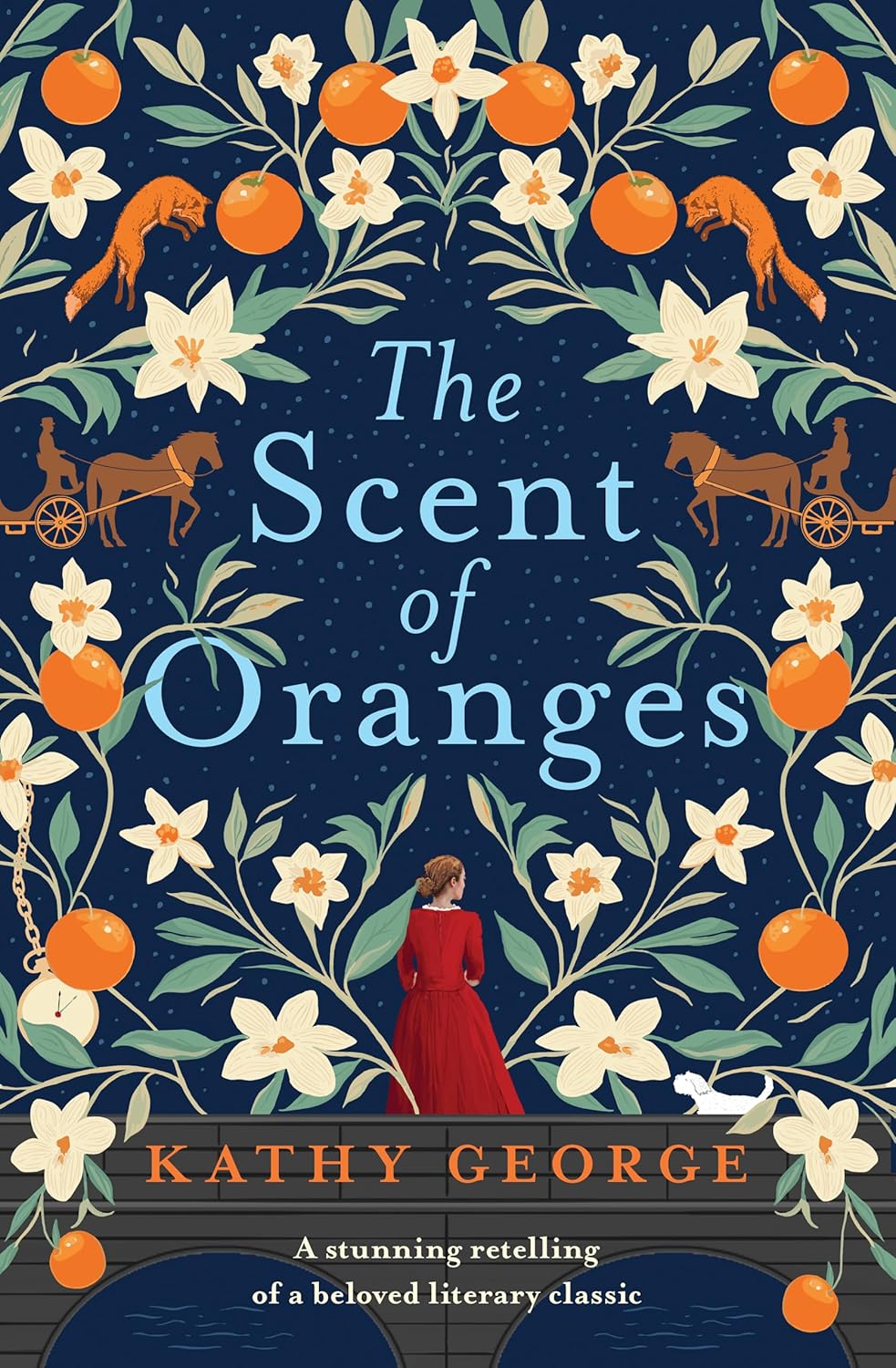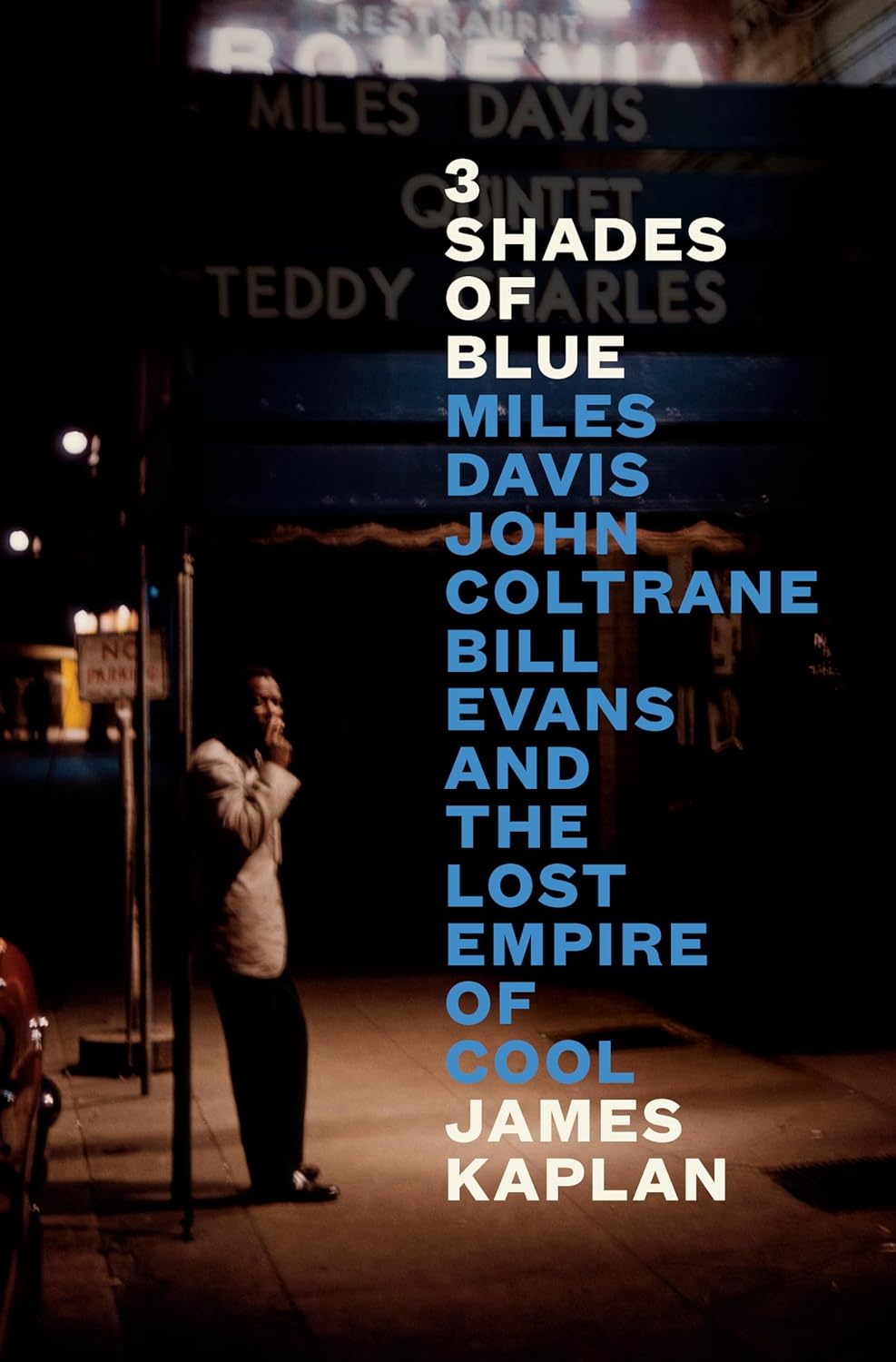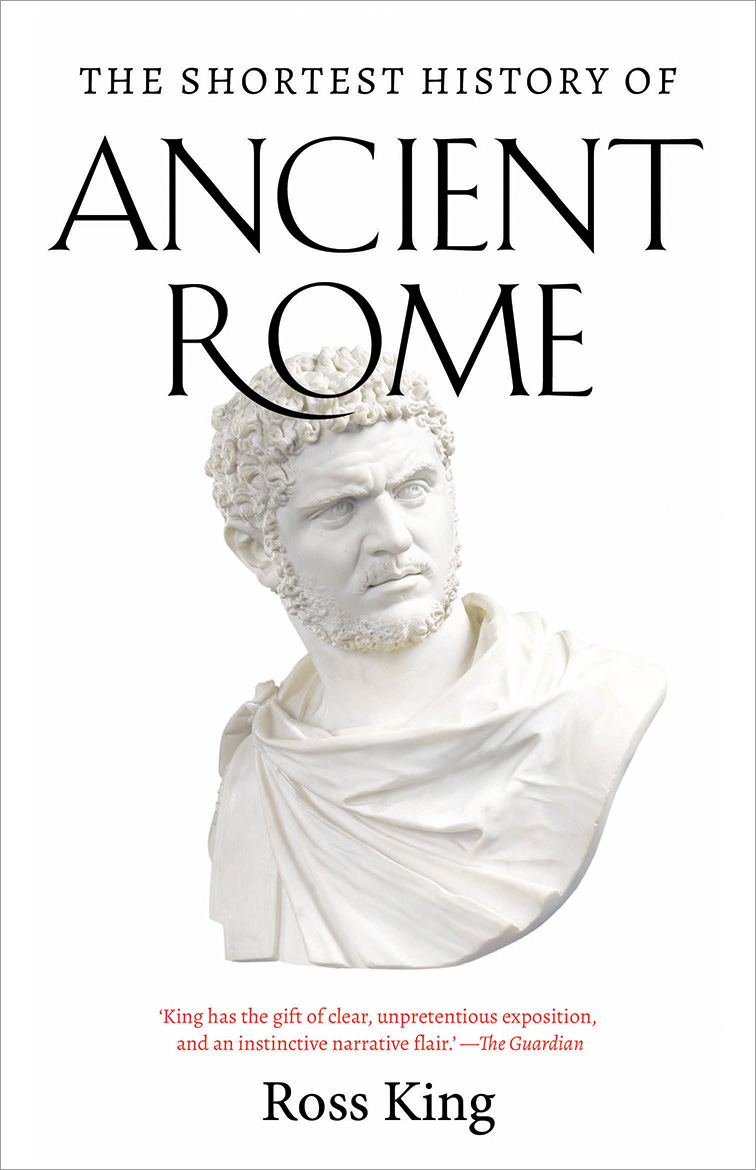Copyright and its discontents
It is only a coincidence that my book Frank Moorhouse: Strange paths, the first in a two-volume cultural biography of the Australian author, ends in 1974 – the same year that Copyright Agency was incorporated – and that it was published in time to celebrate the fiftieth anniversary of this incorporation. As Moorhouse himself always argued, such coincidences, chance happenings, and historical accidents are often far more important in shaping our culture than we like to concede.
One limitation of conventional biography is that focusing on an individual life tends to push other individuals who shared that life into peripheral or supporting roles. One of the (many) reasons I was drawn to Moorhouse as a biographical subject, however, was because he self-consciously rejected this individualist conceit. He always considered himself a detached observer, and ironic participant, in events, always working alongside other people. His fascination with committees, meetings, and institutions as ways of organising social experience – of harnessing coincidence, chance, and the accidental – informed his thinking and his writing.
Nowhere is this individualist conceit more clearly demonstrated than in the public’s view of Moorhouse’s involvement in the landmark copyright case in the early 1970s. It is usually referred to as ‘The Moorhouse Case’ or ‘Moorhouse vs UNSW’. This elides the involvement of Moorhouse’s publisher, Richard Walsh, and Angus & Robertson, who were co-plaintiffs. In fact, the case appearing before the Supreme Court of New South Wales in April and May 1974 was Moorhouse and Angus & Robertson (Publishers) Pty Ltd v University of New South Wales. Moorhouse’s publisher shared the risk of paying costs if they lost the case, while Moorhouse’s personal indemnity was guaranteed by the Australian Society of Authors (ASA).
Continue reading for only $10 per month. Subscribe and gain full access to Australian Book Review. Already a subscriber? Sign in. If you need assistance, feel free to contact us.









Leave a comment
If you are an ABR subscriber, you will need to sign in to post a comment.
If you have forgotten your sign in details, or if you receive an error message when trying to submit your comment, please email your comment (and the name of the article to which it relates) to ABR Comments. We will review your comment and, subject to approval, we will post it under your name.
Please note that all comments must be approved by ABR and comply with our Terms & Conditions.